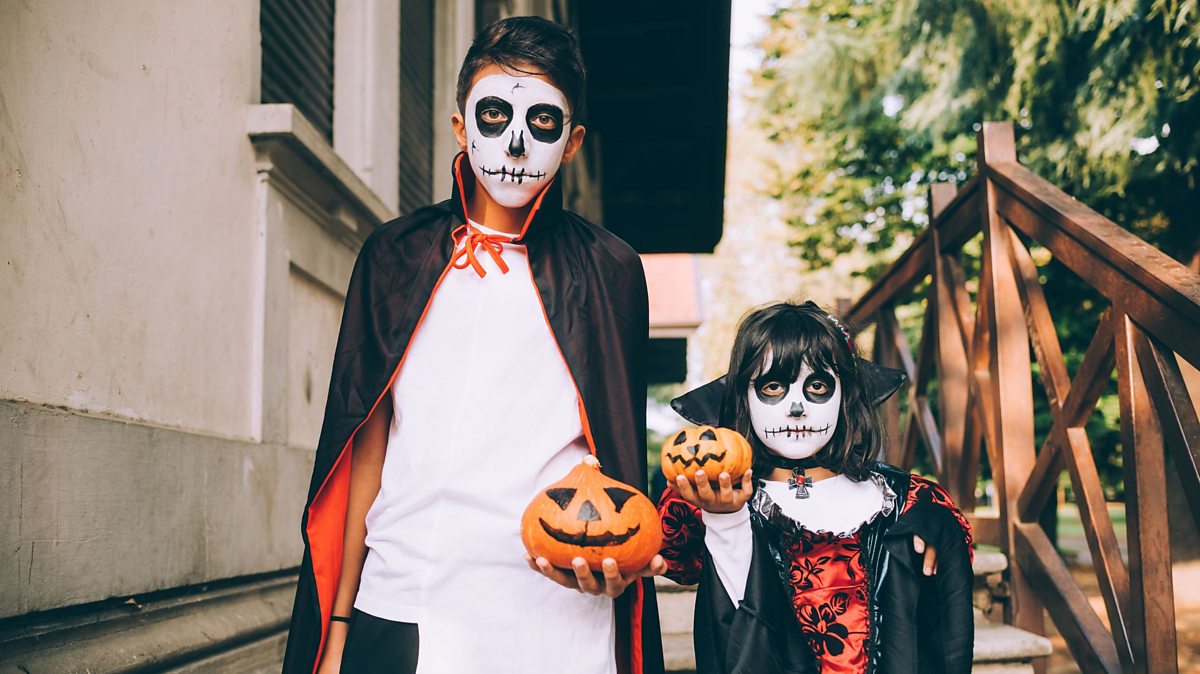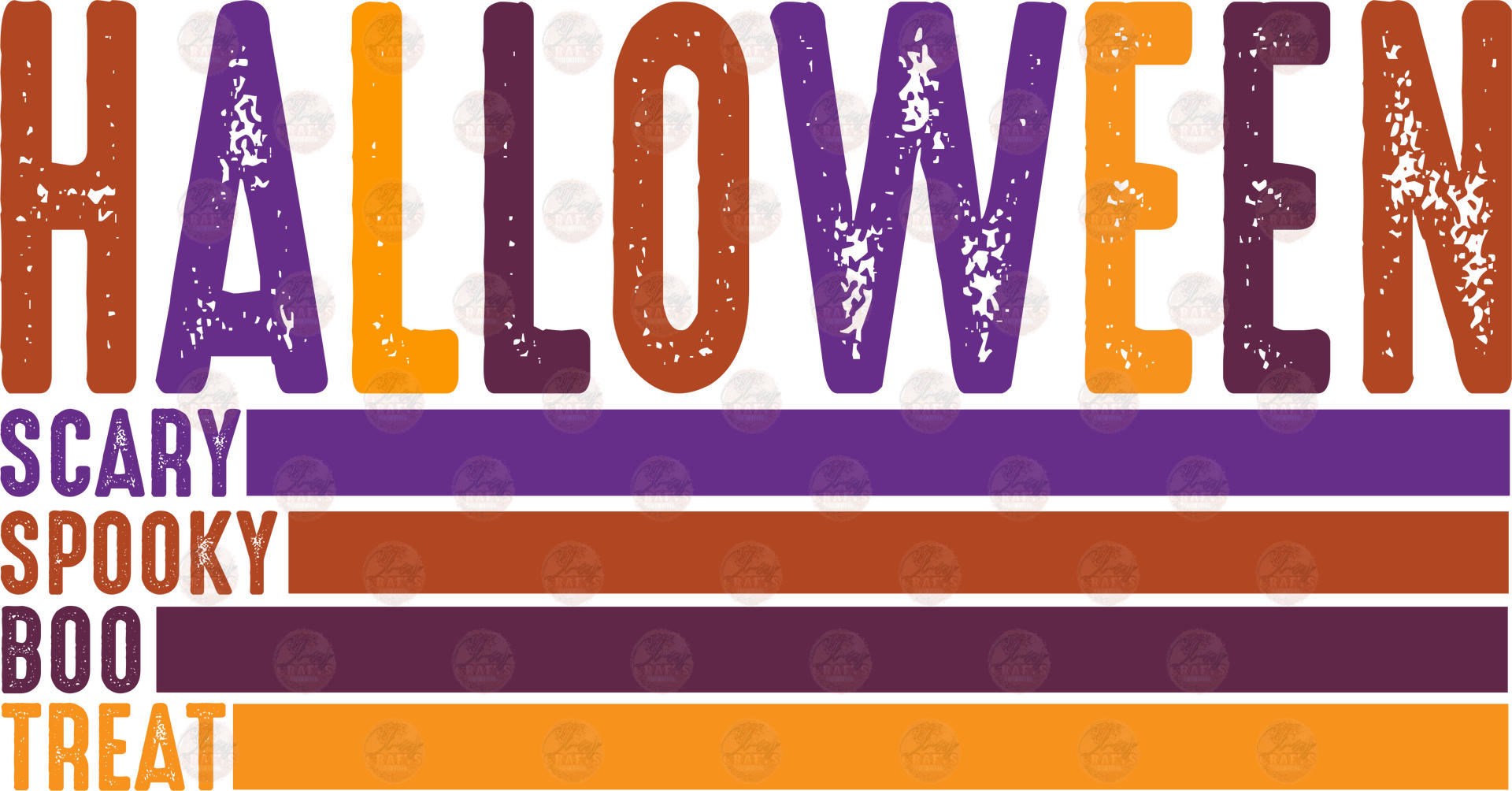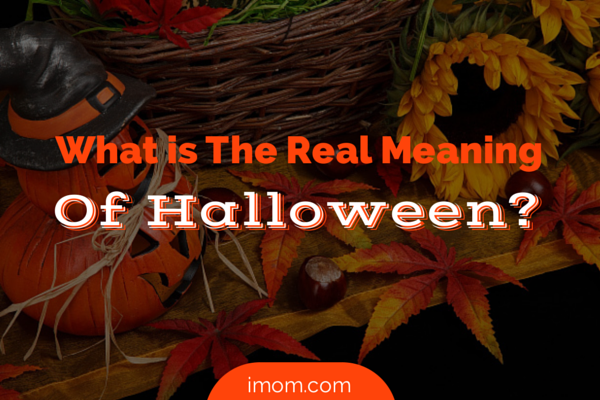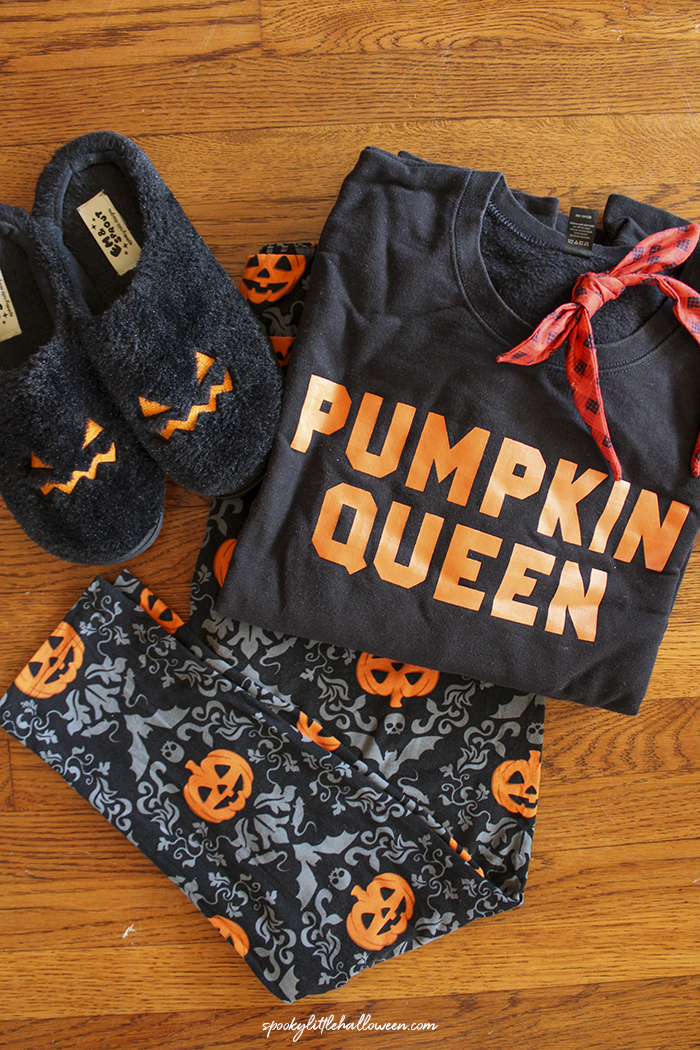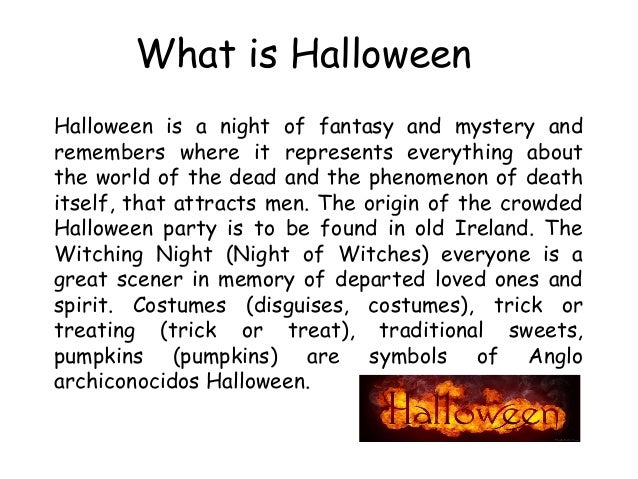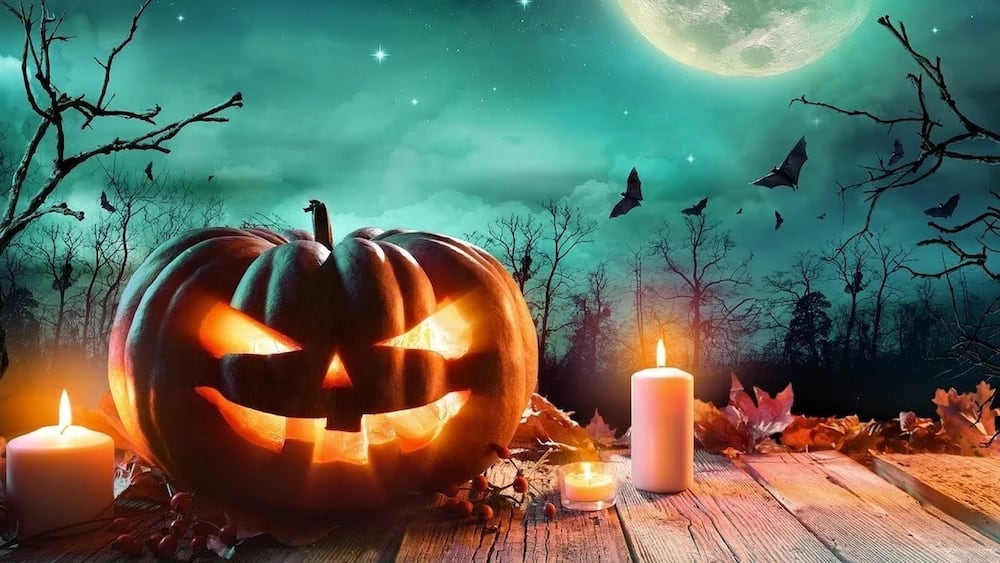define halloween halloween costumes melbourne
The name "Halloween," of course, is a contraction of "All Hallow's Eve." That's the eve of All Saints Day, or All Hallows Day, as it was popularly known in Britain. As with Christmas Eve and the Easter vigil, the celebration of All Saints Day began with a service the night before, on All Hallow's Eve. Halloween had its origins in the festival of Samhain among the Celts of ancient Britain and Ireland. On the day corresponding to November 1 on contemporary calendars, the new year was believed to begin. That date was considered the beginning of the winter period, the date on which the herds were returned from pasture and land tenures were renewed. Halloween is a holiday that originated with the ancient Celtic festival of Samhain, when people wore costumes and lit bonfires to ward off ghosts. Learn how Halloween evolved over time and how it is celebrated in different countries and cultures. Learn the origin, history, and usage of the word Halloween, which means October 31 celebrated with costumes, tricks, and jack-o'-lanterns. See examples, related articles, and nearby entries from the dictionary. Learn how Halloween evolved from ancient Celtic rituals to a global secular holiday. Discover the origins of costumes, bonfires, jack-o'-lanterns, and All Hallows' Eve. According to Kelly, the name is a combination of the Scottish words “hallow,” which loosely translates into “saint” or “holy person,” and “een,” which means “evening.”. In We can also get clues about Halloween’s ancient origins by looking at its name. “The word, Halloween, is a contraction of the Scottish term ‘All Hallows’ Eve,’ which simply described the Halloween originated with the ancient Celtic festival of Samhain and is now a worldwide event. Learn about the jack‑o‑lantern, trick‑or‑treating, Halloween costumes and more. Today Halloween is considered a holiday for dress-up and fun, especially for children. Halloween’s origins can be traced back to the ancient Celtic festival known as Samhain, which was held on November 1 in contemporary calendars. It was believed that on that day, the souls of the dead returned to their homes, so people dressed in costumes The tradition of carving jack-o’-lanterns for Halloween began in Ireland hundreds of years ago thanks to an old folktale about a man called Stingy Jack. According to legend, Jack played a trick Samhain is a pagan religious festival originating from an ancient Celtic spiritual tradition. In modern times, Samhain (a Gaelic word pronounced “sow‑win”) is usually celebrated from October D ressing up in costumes and trick-or-treating are popular Halloween activities, but few probably associate these lighthearted fall traditions with their origins in Samhain, a three-day ancient Halloween's origins can be traced to the ancient Celtic festival of Samhain. Over the centuries, Halloween evolved, taking on Christian influences, European myth and American consumerism. As an older adult, I most enjoy that post Halloween (which is the pinnacle of scary costumes, purposeful spookiness, acceptable door to door begging (with the unwritten rule that if the homeowner lacks good treats – the children can toilet paper the house or light a flaming bag of dog poo, and ring the bell with no recourse, but be seen as “having done the right thing for the suckers that The history of trick-or-treating, and how it became a Halloween tradition. Children dressing in costumes and going door-to-door for treats is a relatively modern tradition—but its origins can be El Día de los Muertos is not, as is commonly thought, a Mexican version of Halloween, though the two holidays do share some traditions, including costumes and parades.On the Day of the Dead, it Halloween is based on the Celtic festival Samhain, a celebration in ancient Britain and Ireland that marked the end of summer and the beginning of the new year on November 1. It was believed that during Samhain the souls of those who had died that year traveled to the otherworld and that other souls would return to visit their homes. How did Halloween become an American holiday? The Halloween that you know today is a result of the great American immigrant melting pot. At first, celebrations were pretty limited in colonial New England as the Puritans weren't on board with the holiday's pagan roots. Because of this, Halloween was more common in Maryland and the southern colonies. Ancient Origins of Trick-or-Treating. Halloween has its roots in the ancient, pre-Christian Celtic festival of Samhain, which was celebrated on the night of October 31.The Celts, who lived 2,000 Halloween festivities as we know them today in the United States are a very recent invention. Before the twentieth century, folks had little inclination or incentive to hand out sweet treats to costumed youth, with All Hallows’ Eve largely understood as a vaguely creepy pan-cultural pagan holdover invoking the fall festival of Samhain.
Photos
